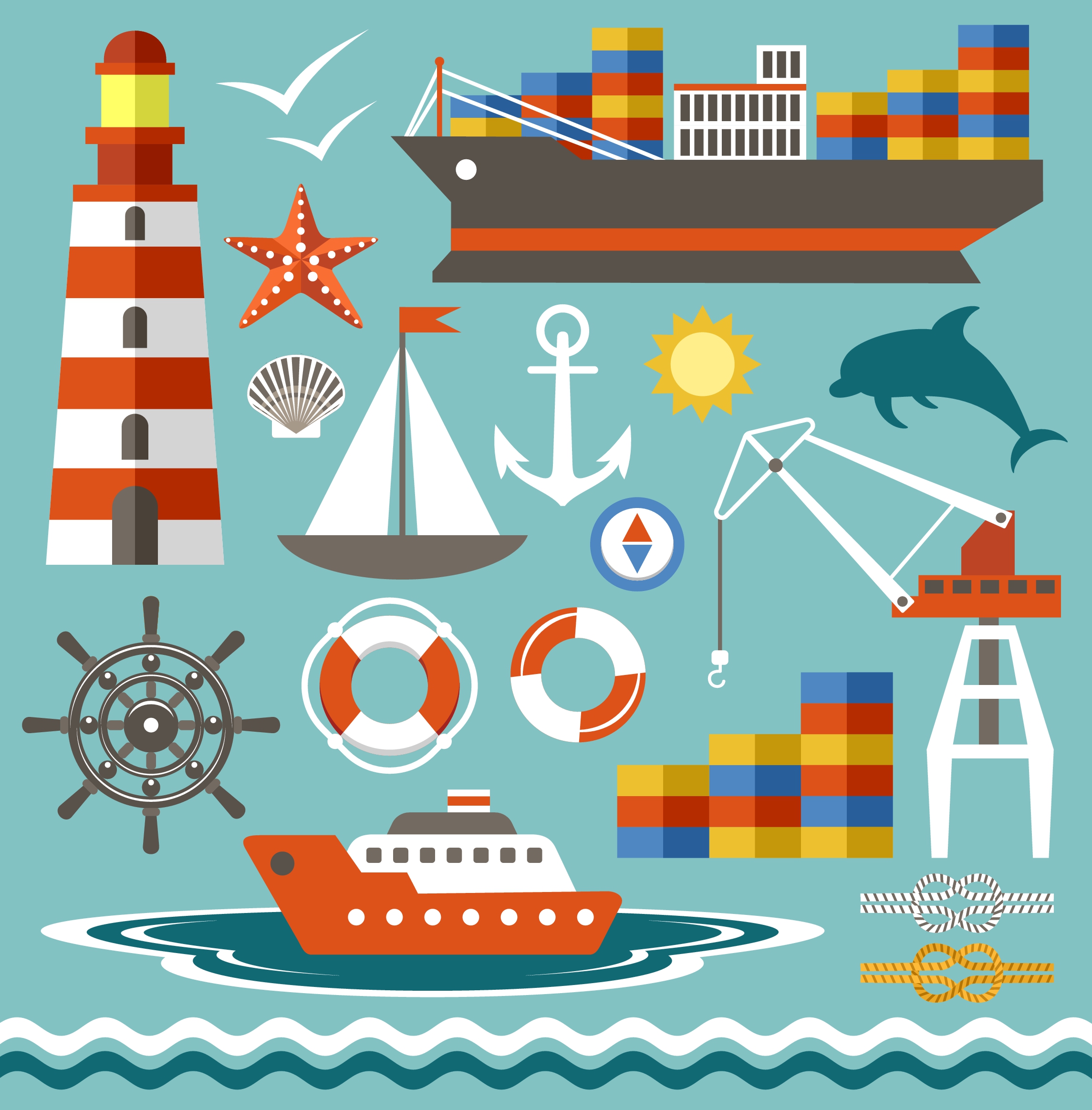After the StartNet Camp event we interviewed representatives and key players from the most dynamic industries of the Apulian economy. The marine economy is a growing industry that brings together sectors such as tourism, trade, transport logistics and protection of the marine environment. Roberta Caragnano, a researcher in labour law and an expert in maritime professions, explains the opportunities in Apulia.
Which direction is the marine economy in Apulia heading in?
Apulia, with its almost 800 km of coastline, has seen substantial growth in the tourism and boating sectors in recent years. It also boasts some excellent opportunities, such as companies that build boats in carbon fibre. The marine industry is carefully observed, both in the broad sense, and also in particular marine tourism and its effects on the region (movements of boaters, stops in ports to visit the area or just for galley, storage and boat maintenance services). In the strategic plan Puglia365, there is a focus on the marine economy with specific actions to be implemented in the region such as the strengthening of a network of marinas in order to offer quality services aimed at national and international markets.
What skills are needed for young people who want to start working in the blue economy?
Without doubt, the sector is growing and there is a need to direct young people towards the discovery of our maritime professions – which have long been established but are also experiencing recent innovation. These professions are many and varied and range from ship captains to shipyard managers; mechanics, equipment installation and maintenance, marine equipment developers, recreational boat sailors and port sailors in charge of logistics services; hostesses and stewards on board. The skills, therefore, must be technical (in terms of materials workmanship, knowledge of mechanics and equipment on board, electrical engineering, electronics and information technology, mechanical and hydraulic equipment on board, to name but a few), linguistic (knowledge of foreign languages), as well as interpersonal skills related to the ability to work in groups or autonomously, planning and carrying out tasks assigned by superiors within the required timescale and in the correct way. The requirements range from the ability to work in stressful situations related to weather conditions, frequent travel, working hours spread over tight shifts and in the confined environments of recreational boats. Equally important is the knowledge of maritime language and the command of the main expressions of other languages, related to radio communications with ground stations.
What kind of school or vocational training do you recommend to people who want to work in the marine economy?
The study course options are diverse, and should always take into consideration the individual's aptitude. It can take the form of a secondary school diploma with a technical specialisation (marine, but also tourism & hotel management: an expanding sector but with few professional figures specialised in the marine economy), a post-diploma course or a university degree in the sector of interest. All of this is accompanied by alternating school-work programmes, on-the-job mentoring and refresher courses aimed at gaining skills. From an educational point of view, it is necessary, on the whole, to proceed with an analysis of the national education system and types of qualifications, especially with regards to proposing an adaptation of qualifications to the changing needs of new, emerging professions. This is an aspect that the European Commission has also reiterated.
Why do you think young people should specialise and work in the sea economy?
The marine economy is not only one of the economies of the future, it is also a clean industry as well as being a strategic one for the country. Its employment potential is significant in terms of job growth compared to European potential and is linked to several value chains, including tourism, maritime transport, fishing, recreational boating (to name but a few) as possible sources of sustainable growth. The economic multiplier of the marine economy lies at about 1.9, which means that for every euro invested in one of the activities of this sector, an average of 1.9 (euros) are generated in other sectors of the economy. In conclusion, the growth of the blue economy will require increasingly qualified workers with a strong skill set, capable of applying the latest technologies in engineering and other disciplines.
Researcher Roberta Caragnano has a PhD in Labour and Industrial Relations Law. She is a consultant and lawyer for public and private institutions, as well as industrial associations. She is also an expert in recreational boating, dealing with labour law profiles and professional figures within this sector and building bridges between the employment market, schools and universities.







